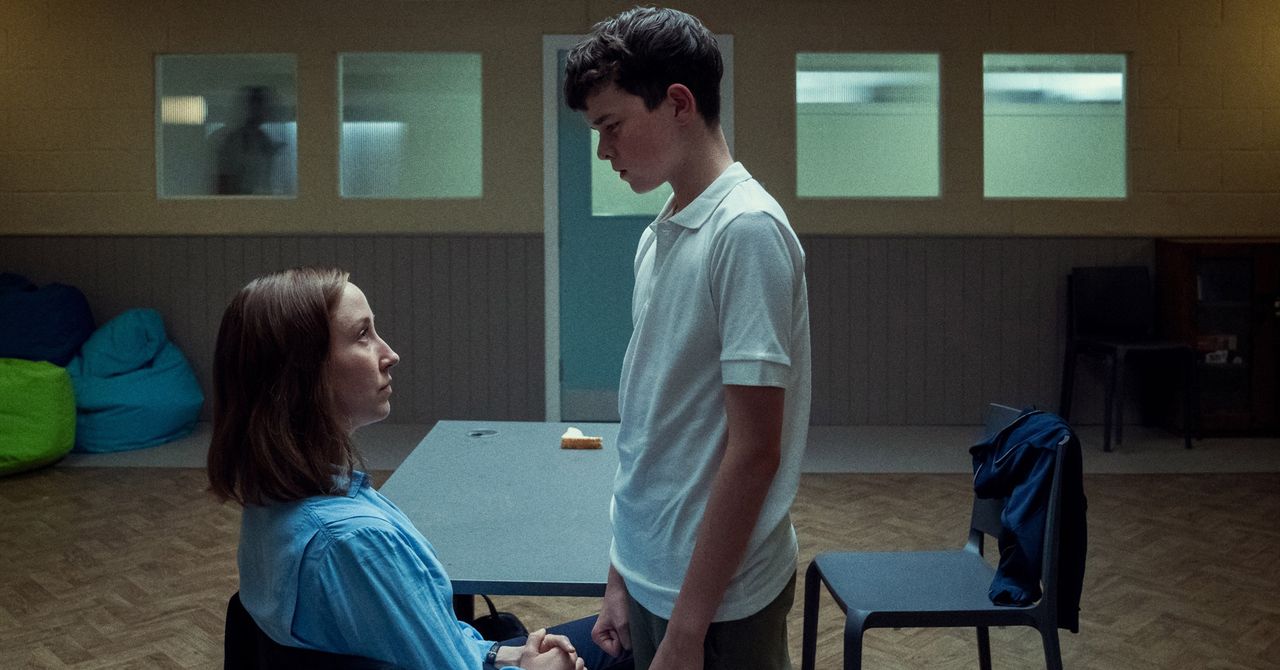
The creator of ‘Adolescence’ delved deeply into the online male world, and its appeal filled him with fear.
Jack Thorne, co-writer of the successful Netflix series about a 13-year-old accused of murder, commented that he understands how easy it is for young people to fall into incel ideology.
Jack Thorne has expressed that he wishes he hadn’t come across some of the incel-related content he encountered during his research for his successful Netflix series, Adolescence. The limited series, consisting of four parts, tells the story of Jamie, a 13-year-old boy accused of murder following the death of his classmate Katie in a northern English community. From the outset, it is revealed that Jamie stabbed Katie, and throughout each episode, filmed in a single take and focused on different characters close to him, the factors that led to this brutal crime are explored, highlighting the influence of online radicalization and bullying.
Thorne, who co-created the series, delved extensively into the topic to tell this story. He acknowledges that he ventured into areas he would prefer not to have explored. What was particularly unsettling was not just the content from influential male figures like Andrew Tate, who has faced accusations of various offenses, but also the small blogs from young men adopting incel ideologies to explain their lack of success with girls. Thorne identified with certain ideas that could have resonated with him in his adolescence, making him realize that he had a powerful story at hand.
The term "manosphere" refers to an online environment where right-wing influencers provide misogynistic advice on how to be more masculine and attract women, often dehumanizing women and blaming feminism for issues like male loneliness. Unlike other narratives that may be less evident, the show portrays the disastrous consequences this content can have, sparking an uncomfortable debate about adults' lack of understanding regarding young people's digital lives.
In Jamie's world, the influence of these ideas is palpable. His disdain for Katie arises from her rejection of his invitation to date, which he only extended after she had been bullied. Throughout the series, his desperate need for approval, both from women and from his father, who struggles to comfort him after his arrest, is evident.
The second episode addresses the perspective of the detective investigating the case, showing how his son explains the background of incel and red pill subcultures to him, noting that many women are only attracted to a small proportion of men, which intensifies feelings of isolation. Thorne recognizes that these ideas can be powerful for those who feel excluded and struggle with self-esteem issues.
With over 96 million views, Adolescence has caused a stir in the UK and the US, generating dialogue about young people's access to online content. Thorne has suggested that access to social media for under-16s should be considered for a ban, pointing out that young people's inability to properly process this content is comparable to the risks associated with tobacco or alcohol. However, he acknowledges that such a ban is unrealistic.
Similar legislations are being considered in various countries, such as Australia, where a law has been implemented to restrict social media access for those under 16. The UK is also considering similar measures, although restrictions in the US are more disparate.
Recent research has found no evidence that restrictive mobile phone policies in schools improve adolescents' mental well-being, although social media use has been linked to worse mental health outcomes. Experts against extremism suggest that holding platforms accountable for the content they promote is more effective than imposing broad bans.
Despite the online attacks he has received regarding his appearance, Thorne is open to discussing masculinity, which he sees as a spectrum. He argues that there is no need to conform to a fixed standard of masculinity and that there are various ways to be and to express oneself.



